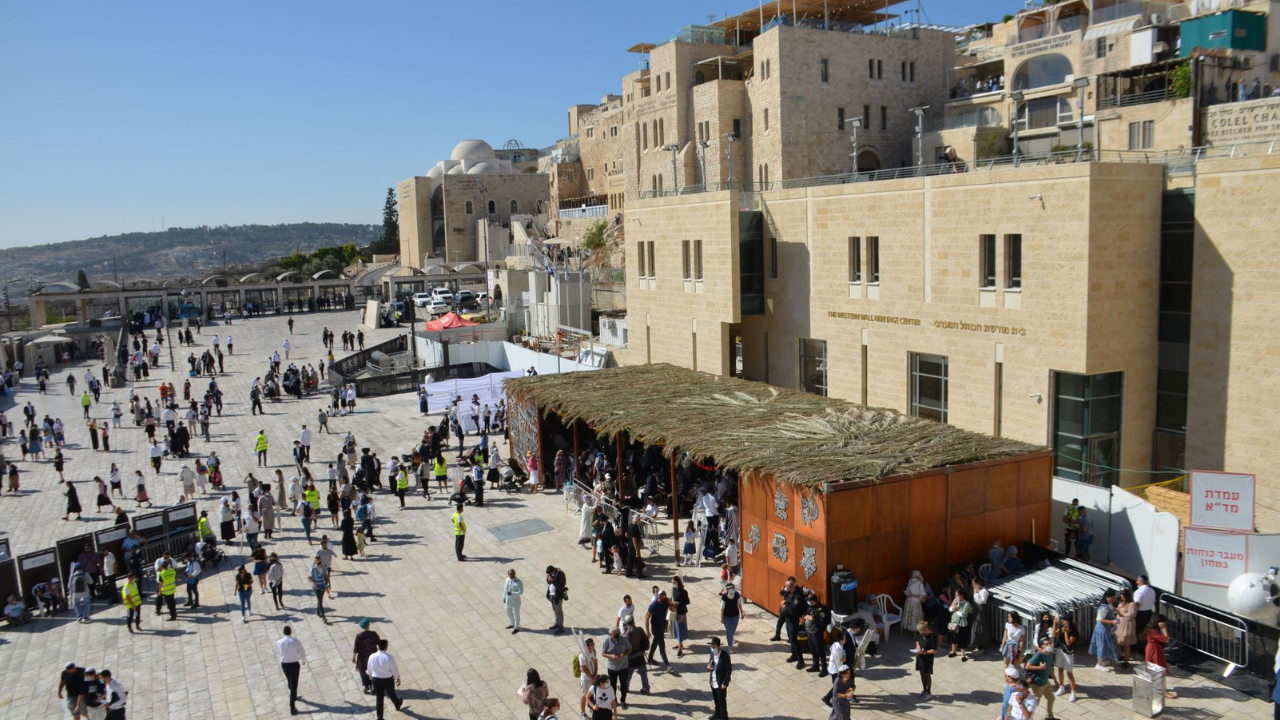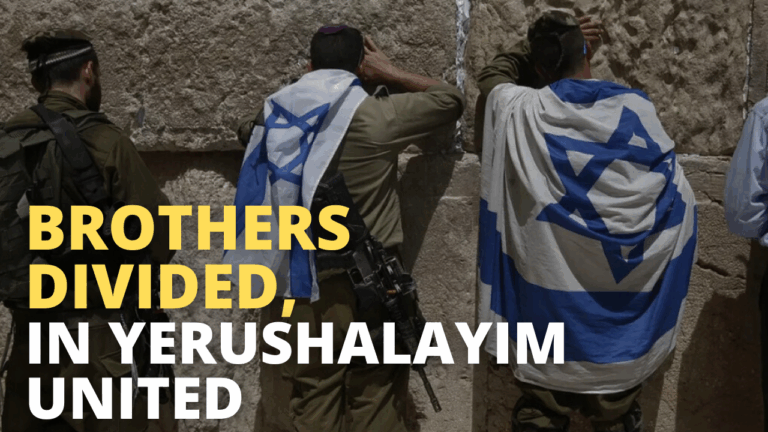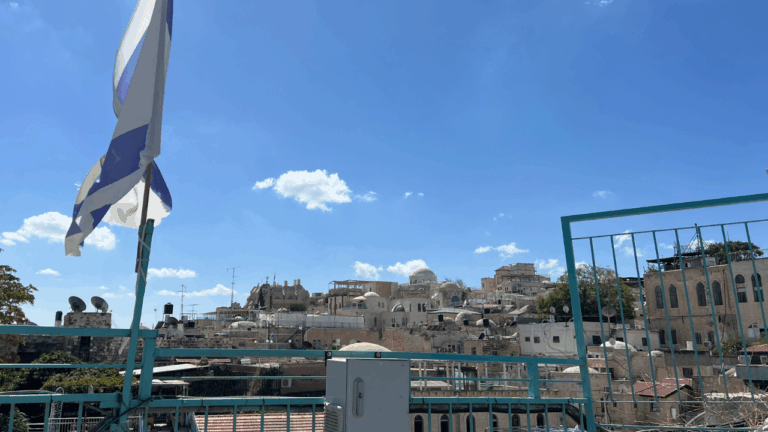Yerushalayim: Where Compassion Refuses to Die
Sodom is typically viewed as the most morally corrupt and spiritually bankrupt society to have ever existed. Deemed irredeemable by God – even after the excessively generous terms negotiated between Avraham Avinu and Hashem – it was doomed to utter destruction. The entire region was overturned by HaKadosh Baruch Hu, left a barren wasteland to this day.
Yet, the Gemara Sanhedrin (104b) makes a startling claim: the iniquity of Yerushalayim surpassed that of Sodom! The sins of Yerushalayim were so great that the punishment of the city equaled, or even exceeded, that of Sodom. As Yirmiyahu HaNavi cries mournfully in Eicha (4:6), “the iniquity of the daughter of my people is greater than the sin of Sodom.”
And yet, there is a clear distinction between the fates of these two cities. Sodom was destroyed forever, never to rise again. Yerushalayim, however, was promised renewal, restoration, and return. Why did Yerushalayim merit such a special dispensation?
The Gemara explains that through all the horrors of Churban Yerushalayim, the residents of the city maintained one essential attribute. Even after the tortures and destruction, even as Jewish women were forced to consume the flesh of their deceased children, the residents of Yerushalayim remained compassionate to one another (see Yad Ramah ibid). This precious middah – the character trait of rachmanut – is the sole reason why Yerushalayim was given another chance.
Rav Chaim Kanievsky zt’l noted that this is why Yirmiyahu refers to Yerushalayim as a niddah – a woman who is impure due to her menstruation cycle. Yes, her impurity forces her Husband to distance Himself from her. But, by its very nature, the tumah is temporary. Eventually, the stain of sin will pass and Yerushalayim will emerge purified. It is specifically in the zechut of compassion and loyalty to one another that Yerushalayim has the capacity to regenerate herself and restore her greatness.
It is crucial to note: the acts of compassion that spared Yerushalayim were not mass chessed organizations or national movements. The holy city was redeemed with simple and sincere care that individual Jews had for each other, even as their lives were falling apart. These small, quiet acts of care served as powerful foundations for Yerushalayim’s restoration.
Yes, it is exceedingly difficult for small individuals such as us to tackle the national problems that plague us. But the small acts of compassion, the sincere expressions of care and concern that we make for one another, are ultimately the metaphysical glue that will pull Yerushalayim back together.
Sodom died because no one cared for anyone. Yerushalayim lives on because we never gave up on each other. Never underestimate the power of rachmanut for a fellow Jew. May we be zoche to speedily witness the purification of Yerushalayim and the restoration promised to us so long ago.



